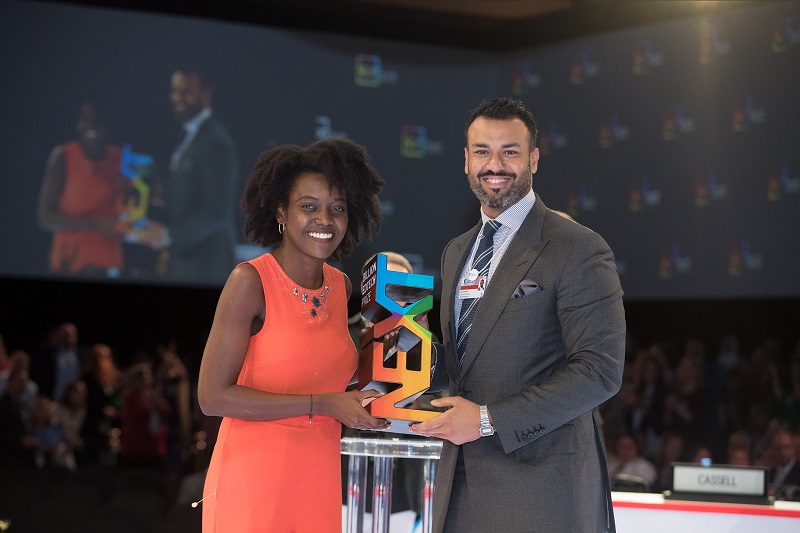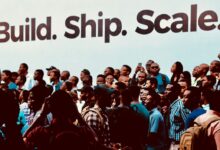
Tanzanian EdTech startup Ubongo has won the ‘Next Billion’ Edtech Prize 2019. The startup was voted for by delegates at The Global Education & Skills Forum (GESF) 2019 from three finalists which included PraxiLabs from Egypt, and Dost Education from India.
Ubongo creates fun, localised and multi-platform educational media that reaches millions of families through accessible technologies.
30 startups were selected to pitch over three days for the Next Billion Edtech Prize, which focuses on low income and emerging economies. The winners were chosen from six semi-finalists which included FinEazy (UK), Signa (Brazil), and Sabaq (Pakistan).
Led by TechCrunch Editor-at-Large Mike Butcher, an expert panel of judges made up of venture capitalists, philanthropic investors, experts in Edtech and learning sciences, and senior education policymakers selected the semi-finalists from the final 30.
The jury selected the three winners from six finalists who pitched on the main GESF stage on Sunday morning. The audience voted on who should lift the trophy.
Ubongo leverages the power of entertainment, the reach of mass media, and the connectivity of mobile devices, to deliver effective, localized learning to African families at low cost and massive scale. Its family-friendly content promotes literacy and education in resource-poor areas. Through learning at home and in the family through a variety of channels, from online to radio and TV – multi-channel players, cartoons are a central part of its story telling approach.
“We’re delighted to have won the Next Billion Prize. We’re already having an impact reaching children but this award will mean we can do so much more. By 2022 we plan to reach 30 million children in Africa and our ultimate goal is to reach 440 million – every child in Africa.” Ubongo Chief Business Officer,Doreen Kessy said.
The ‘Next Billion’ Edtech Prize is run by The Varkey Foundation to recognise the most innovative technology destined to have a radical impact on education in low income and emerging world countries.
This prize identifies, spotlights and celebrates the world’s leading EdTech startups that have shown through ingenuity and innovation that they can improve learning in parts of the world where there is limited access to good quality teaching.
According to UNESCO, 264 million children do not have access to schooling, while at least 600 million more are “in school but not learning”. These are children who are not achieving even basic skills in maths and reading, which the World Bank calls a “learning crisis”.
“Over a billion young people – a number growing every day – are being denied what should be the birthright of every single child in the 21st century, no matter where they live: a good education that allows them to make the most of their God-given talents.” Sunny Varkey, Founder of the Varkey Foundation and the Next Billion Prize said
“We use the ‘Next Billion Prize’ to highlight technology’s potential to tackle the problems that have proven too difficult for successive generations of politicians to solve. Our fervent hope is that the prize inspires practical and persistent entrepreneurs the world over to come forward with fresh tech ideas. These ideas must be hardy enough to improve education in regions where young people are denied access to a good quality teacher and a great learning environment”. he added.
Have anything to add to this story? Leave us a comment in the comments section below. In the meantime, follow or subscribe to our Startup Digest newsletter to ensure you don’t miss out on any future updates on African Startups.



